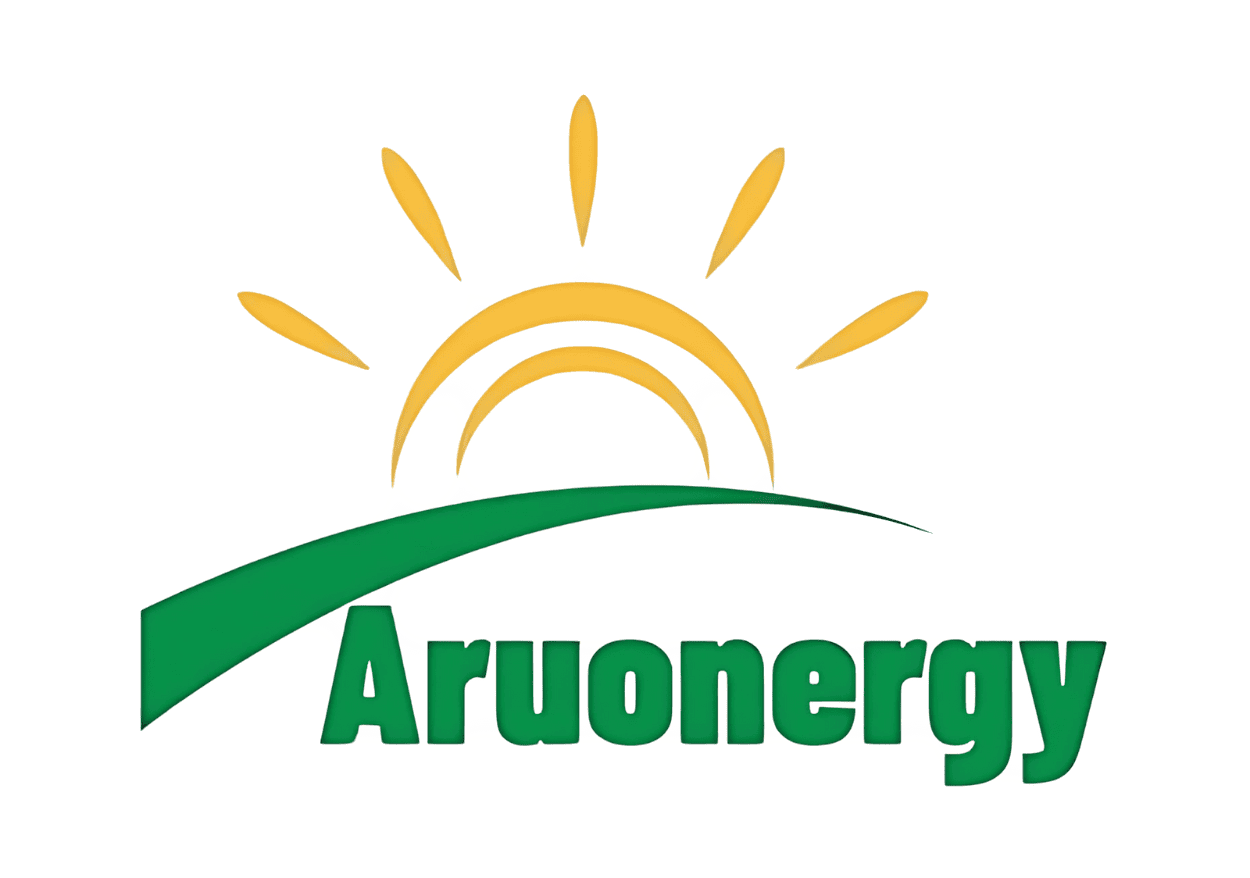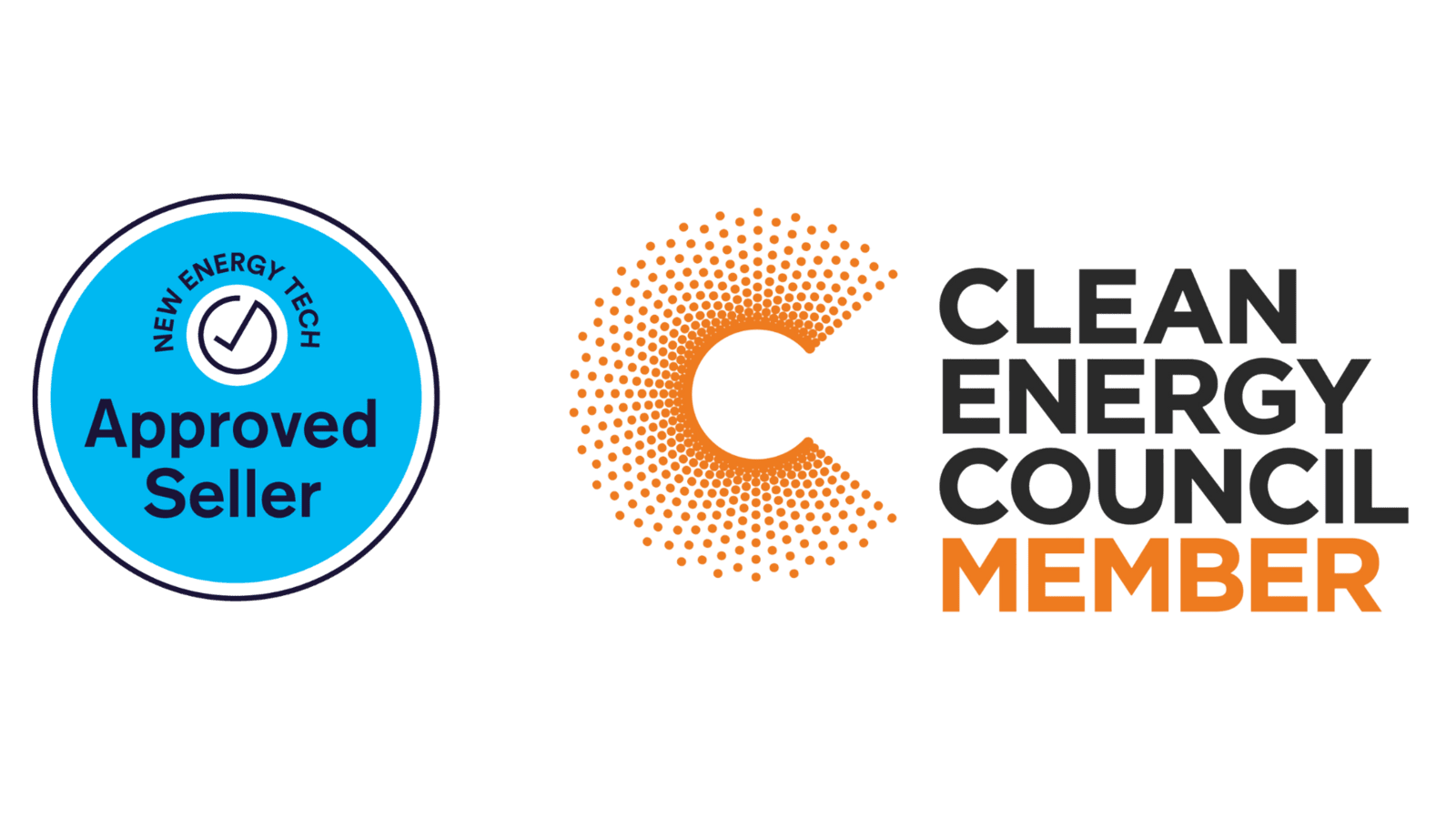
Australia is experiencing a solar energy boom, with more and more homeowners and businesses making the switch to renewable energy. Whether it’s to save on electricity bills, reduce carbon emissions, or gain independence from the grid, the appeal of solar energy is undeniable. But before diving in, there are a few key questions that Australians often ask.
Let’s answer the 8 most common questions Australians have about going solar. By the end of this guide, you’ll have a solid understanding of solar power and be ready to make an informed decision for your energy future.
1. How Much Money Can I Save with Solar Panels?

One of the biggest draws to solar power is the potential to save money on electricity bills. In Australia, the amount you can save depends on factors such as your location, electricity rates, system size, and energy usage.
The average Australian household can save up to $1,200 per year with a 6.6 kW solar system, depending on their location and usage patterns.
With electricity rates rising, these savings can increase over time, making solar panels a wise investment.
2. What Are the Government Rebates and Incentives for Solar?
Australians are in luck when it comes to government support for solar power. There are several federal and state incentives available, including:
Small-Scale Technology Certificates (STCs): These certificates are based on the size and location of your system and can significantly reduce the upfront cost of your solar installation.
Victoria Solar Homes Program: Victorians can access rebates of up to $1,400 on the cost of solar panel installation, along with interest-free loans to cover the rest.
Be sure to check the latest incentives in your state or territory to maximise your savings.
3. How Long Does It Take to Pay Off a Solar System?
The payback period for solar systems in Australia varies based on your location, energy consumption, and the size of your system. On average, Australian households can expect a payback period of 3-7 years.
After the system has paid for itself, the energy you generate is essentially free, allowing you to enjoy reduced electricity bills for years to come.
4. What Happens on Cloudy Days?
While solar panels are most efficient on sunny days, they still work in cloudy or overcast weather. Australia is blessed with plenty of sunshine, but on cloudy days, solar panels will continue to generate power, albeit at a reduced capacity. Most systems are designed to work with battery storage, allowing you to store excess power generated during sunny periods for use when the sun isn't shining.
For optimal performance, it’s a good idea to combine solar panels with a battery storage system so you’re always covered, rain or shine.
5. How Do Solar Panels Impact Property Value?
Solar panels can increase the value of your property by making it more attractive to environmentally conscious buyers. Studies have shown that homes with solar systems in Australia often sell faster and at higher prices than homes without.
The boost in value largely depends on the size of the system, its age, and how much money the new owners can save on electricity bills.
6. What Maintenance Do Solar Panels Require?

One of the great things about solar panels is that they require very little maintenance. Solar panels are built to withstand the elements and typically last 25-30 years. Cleaning the panels a few times a year to remove dust, bird droppings, or debris is usually enough to keep them running efficiently.
It’s also a good idea to schedule an annual inspection to ensure your system is functioning optimally. Some installers, like Aruonergy, offer maintenance and repair services to ensure your system stays in top shape.
7. What Size Solar System Do I Need?
The size of your solar system depends on your household’s energy usage, roof space, and budget. Most Australian households install a 5 kW or 6.6 kW system, which generates enough power to meet the average household’s energy needs.
For larger homes or families with higher energy consumption, a bigger system may be necessary. It’s always a good idea to get a professional consultation to determine the right size for your needs.
8. Is Battery Storage Worth the Investment?

Battery storage is a hot topic in the solar industry, and for good reason. By adding a battery to your solar system, you can store excess energy generated during the day and use it at night or during power outages. This increases your energy independence and can further reduce your electricity bills.
However, batteries come at an additional cost. Whether it’s worth the investment depends on your energy usage and goals. Many Australians are choosing to add batteries to future-proof their homes and prepare for the growing trend toward energy self-sufficiency.
Make Aruonergy Your Solar Partner
Thinking about going solar? Let Aruonergy be your guide. Whether you need installation, products, maintenance, repairs, or a professional consultation, we’ve got you covered. Our team of experts is here to ensure that your solar journey is smooth, affordable, and efficient.
With Aruonergy, you’ll be empowered to take control of your energy future, reduce your bills, and make a positive impact on the environment.
Sources for Further Reading:
Solar Panel Savings Calculator: https://www.solarchoice.net.au/blog/how-much-do-solar-panels-save-you
Small-Scale Technology Certificates (STCs): https://www.cleanenergyregulator.gov.au/RET/Scheme-participants-and-industry/Small-scale-renewable-energy-scheme
Victoria Solar Homes Program: https://www.solar.vic.gov.au/solar-panel-rebate
Solar Payback Time: https://www.solarquotes.com.au/faqs/payback-time/
Domain Study on Solar and Property Value: https://www.domain.com.au/news/solar-panels-can-add-value-home-data-reveals/
Solar Panel Maintenance Guide: https://www.solarquotes.com.au/faqs/solar-maintenance/
Solar System Sizing Tips: https://www.solarchoice.net.au/blog/what-size-solar-power-system-do-i-need
Battery Storage Overview: https://www.choice.com.au/home-improvement/energy-saving/solar/articles/solar-batteries

